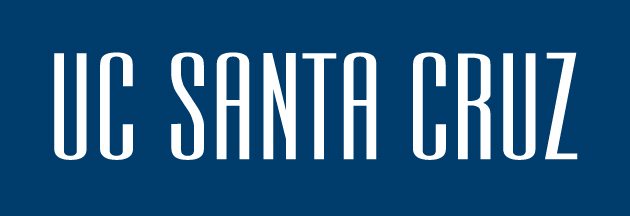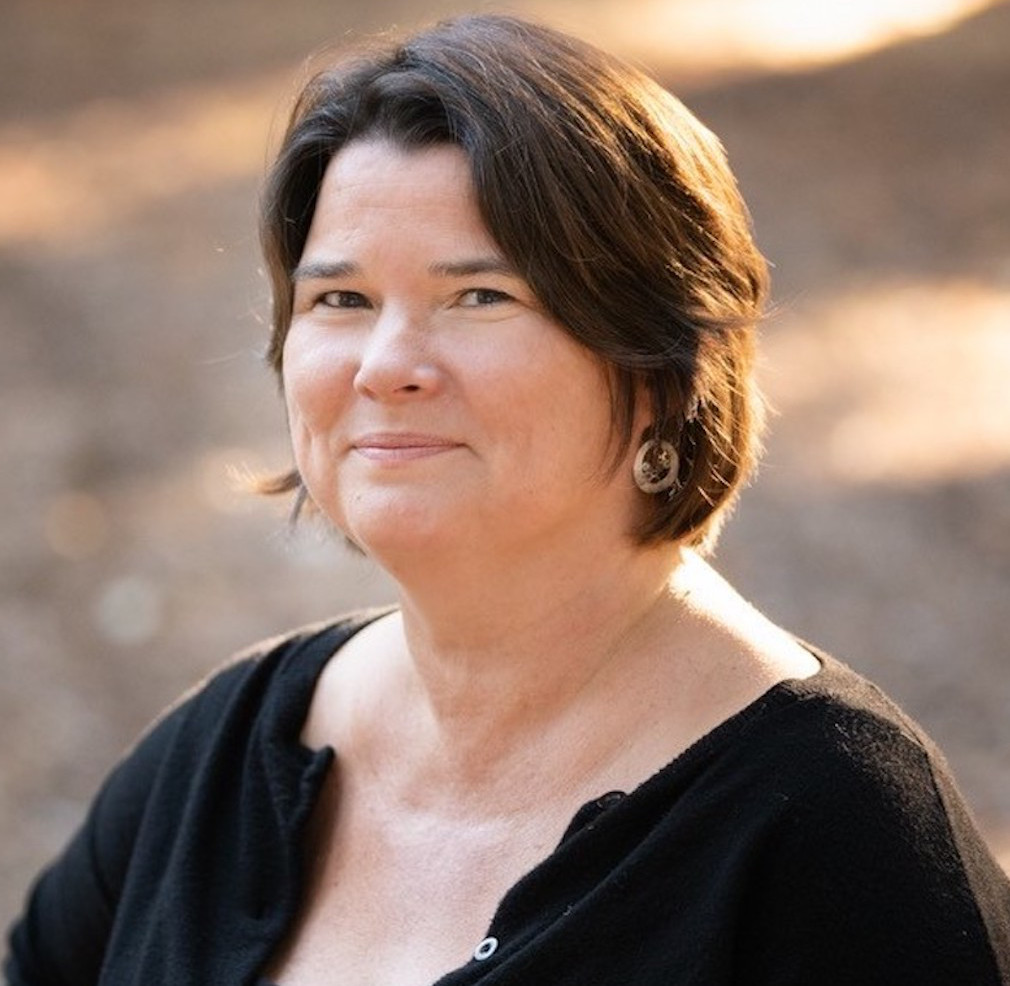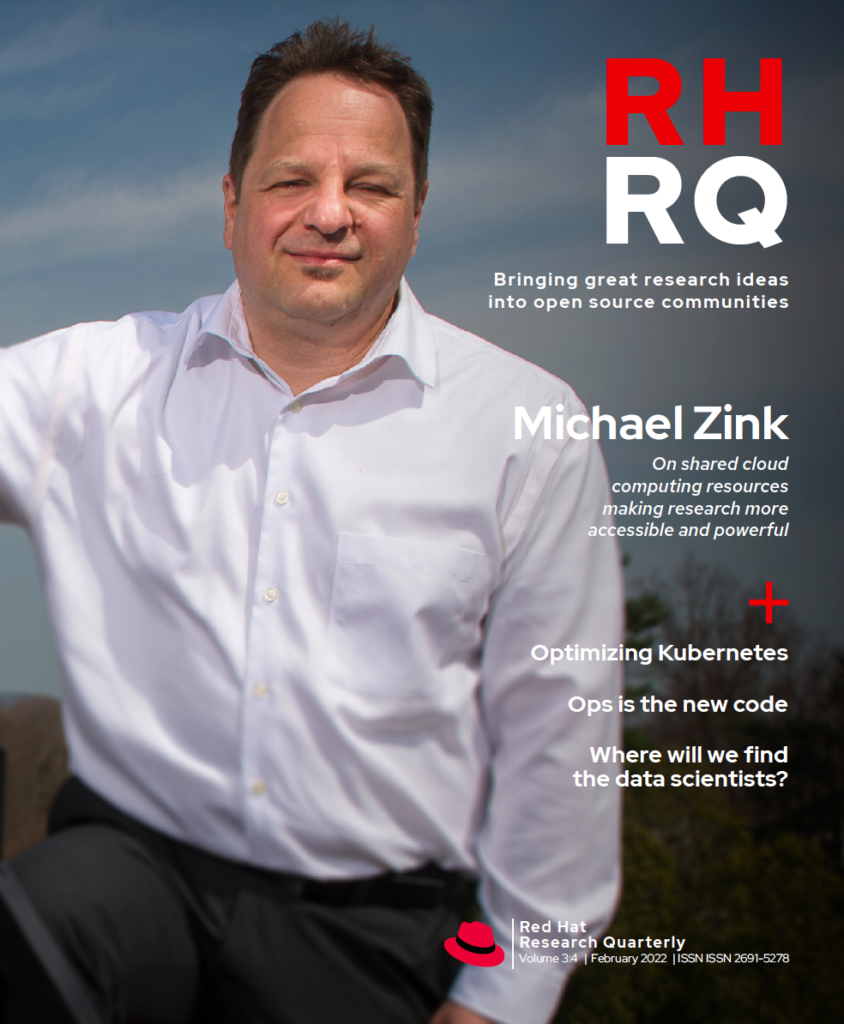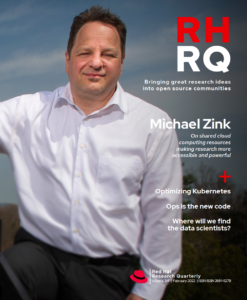
In industry, companies establish open source program offices (OSPOs) to mitigate potential legal risks, improve engineering practices, and enable financial benefits. OSPOs are also proving to be important in research university settings, although—not surprisingly—for different reasons. The primary aim of an academic OSPO is to advance the institution’s goals, which typically include education, research, and serving the wider community.
At the University of California, Santa Cruz, the Center for Research in Open Source Software (CROSS) increases the impact of university research by strengthening relationships in open source ecosystems. Building on the success of CROSS, UC Santa Cruz is now establishing the first OSPO in the University of California system and taking huge strides towards establishing a system-wide organization, which would potentially be the largest academic-based OSPO to date.
A short history of CROSS
CROSS started after UC Santa Cruz alumnus Sage Weil sold his startup, built around open source storage project Ceph, to Red Hat. Weil, who developed Ceph while a PhD student at UC Santa Cruz, wanted other students to have the same opportunity he did. In 2015, Weil gifted $2 million to UC Santa Cruz, and specifically to Ceph co-creator and UC Santa Cruz professor Carlos Maltzahn, to create a center that would bridge the gap between student work and successful open source projects. With Weil’s gift and three founding industry members—Toshiba (now Kioxia), SK Hynix, and Micron—Maltzahn launched CROSS as a research center under UC Santa Cruz’s Baskin School of Engineering. The Center’s purpose is to support innovative research and incubator projects that leverage open source techniques and communities in a university setting.
Over the last six years, CROSS has shown that successful open source projects are a powerful catalyst for industry engagement that also significantly increases the impact of university research. The CROSS team, led by Maltzahn and Assistant Director Stephanie Lieggi, has raised $2.6 million in membership fees from eight corporations to fund ongoing work, including nineteen graduate fellows’ projects and five incubator projects led by postgraduate fellows. Most recently, CROSS’s flagship incubator project, SkyhookDM, was successfully merged into the Apache Arrow mainline and included as part of the Arrow 7.0.0 release. Other incubator projects have successfully concluded after creating sustainable and healthy communities for their continued development.
The graduate and postdoctoral students supported by CROSS have mentored student contributors and provided exciting and relevant projects for open source newcomers. CROSS fellows’ student mentorship and industry engagement have helped with seeding their projects’ contributor communities and teaching a wider pool of students how to engage in open source productively. To fully capture this dynamic, CROSS established its Open Source Research Experience (OSRE) program in summer 2020. Based on the Google Summer of Code (GSoC) model, the OSRE matches students with mentors for short-term projects that bolster the work of UC-based open source projects while providing students hands-on experience guided by expert mentors. OSRE also matches mentors and students with interested industry sponsors who support their work through an open source sponsorship agreement.
OSPO: The next steps
Based on the experience of the last six years, the CROSS team is now moving past the initial objectives of the Center. CROSS is also strategizing to bridge other significant gaps, including insufficient opportunities for student training in open source, lack of industry engagement with academic researchers in open source ecosystems, and absence of an effective method for assigning value to open source in university settings.
In response, the team at UC Santa Cruz, inspired by steps taken at other schools like John Hopkins Univeristy and the Rochester Institute of Technology, as well as the formation of the OSPO++ group in early 2020, began laying the foundations of an open source program office. In November 2021, they were awarded a two-year grant from the Sloan Foundation—the same foundation that supported OSPOs at JHU and RIT—to create a pilot project furthering this effort. The funding underwrites a newly imagined open source incubator fellows program as well as the administrative work around related initiatives, such as the OSRE and graduate teaching fellowships aimed at increasing productive student engagement in open source communities.
With the Sloan Foundation grant, the new OSPO will be able to widen its open source portfolio within UC Santa Cruz and reach out to the broader UC community. The University of California—which has ten campuses and over 280,000 students—boasts many highly successful open source projects. However, it has no centralized or established method of assigning them value or effectively sharing them within open source communities. The soon-to-be-launched UC Santa Cruz OSPO aims to change that. The Center will serve as a blueprint for other public universities seeking to capture the value of successful open source projects, attract industry funding, recruit talented faculty and researchers, and better prepare students for successful careers.



